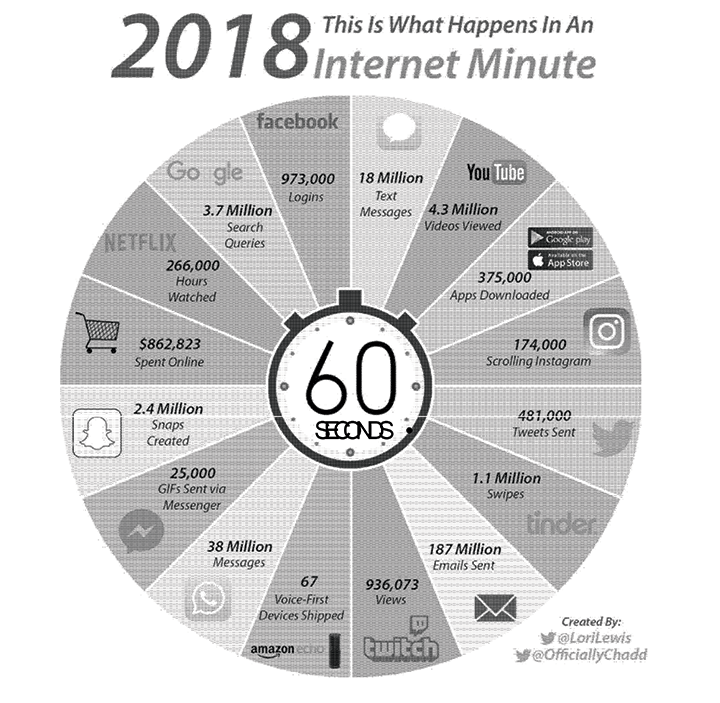By Zach Pavlosky | Editor in Chief

Violence, advanced technology, a volatile economy, and social justice movements are viewed by Dean of Students Jason Zelesky as being the main influencers shaping a new generation of students.
Generation Z is made up of students who were born between 1995 and 2020 and has also been called, “iGen”, “Gen Wii”, and “Net Gen.” Zelesky referred to them as “digital natives” which means that, from birth, they have been exposed to all manner of advanced technology. “A child is learning how to text before they can write with a pencil or crayon,” said Zelesky.
The roles that technology, violence, and social justice play on this new generation of college students is a topic that is meaningful to Zelesky in that, it’s his job to “understand and know about trends related to college students.”
“The speed of change is causing an upswell in general anxiety and discomfort,” said Zelesky.
When asked about the impact of violence on Gen Z, Zelesky noted that, “This generation was typically born after September 11, 2001, or at least has little memory of it,” indicating that violence, both domestic and abroad, has always been a part of their lives. “They have always known a world with school shootings and mass shootings.”
Zelesky added that violence in video games and on television have also left an impression on Gen Z saying, “They are conditioned to consider their safety in ways that other generations have not.”
Influencers such as advances in technology and violence have had negative effects on the overall mental health of Generation Z. According to NASPA, 59% of students reported feeling “lonely,” while 32% reported feeling “so depressed it was difficult to function.” Zelesky noted, “I found the information of shifting demographics most interesting as well as the psychological effects and impacts that technology is having on the adolescent and young adult brains.” Despite platforms such as Facebook, Twitter, and Snapchat, Gen Z struggles with communication. “Our young people are…the most connected and disconnected generation in history. They have access to infinite information, yet are identifying themselves as lonely and lost,” said Zelesky.
The market collapse is something that has had a negative effect on Generation Z. Zelesky commented on the instability of the economy, saying, “The economy has always been volatile. This generation has watched its parents lose their jobs, houses, etc.,” said Zelesky.
As a result, difficulty finding employment has become a growing struggle for young adults. “Jobs for teenagers are scarce and that impacts how they spend their time. They are unsure of how they will make a living,” said Zelesky.
According to Gallup/Purdue, 58% of young adults said that the main reason they chose the level of education that they did was to secure a good job or career. An earlier poll from Gallup showed that 51% of U.S. adults would change at least one of their education decisions.
“This is the first generation who will probably not have a career in one field, but will need to be flexible as they think about their future,” said Zelesky.
Generation Z’s heavy reliance on technology has impacted social justice movements as well. “They (students) are involved in local, regional, national and global causes – even if that is from a physical distance,” said Zelesky.
According to Pew Research Center, 73% of Gen Z believes everyone should have the right to marry, 74% believes transgender people deserve equal rights, 64% said that healthcare should be free for all, and 55% said that everyone should have the right to become a U.S. citizen.
“This group feels that it has tremendous power and voice, and it is using it to fight for equity and change,” said Zelesky.
Despite social, technological, and economical struggles, Gen Z believes that they have a bright future ahead of them. “Gen Z is unsure of their future, yet optimistic about it,” said Zelesky. In fact, 78% of Gen Z believe that the American Dream is still attainable – the highest percentage of any generation before them, according to The Center of Generational Kinetics. Zelesky remained hopeful, yet realistic about Generation Z saying, “I think that the best way to serve our students is to understand who they are and how they learn and think.”
Comments are closed.